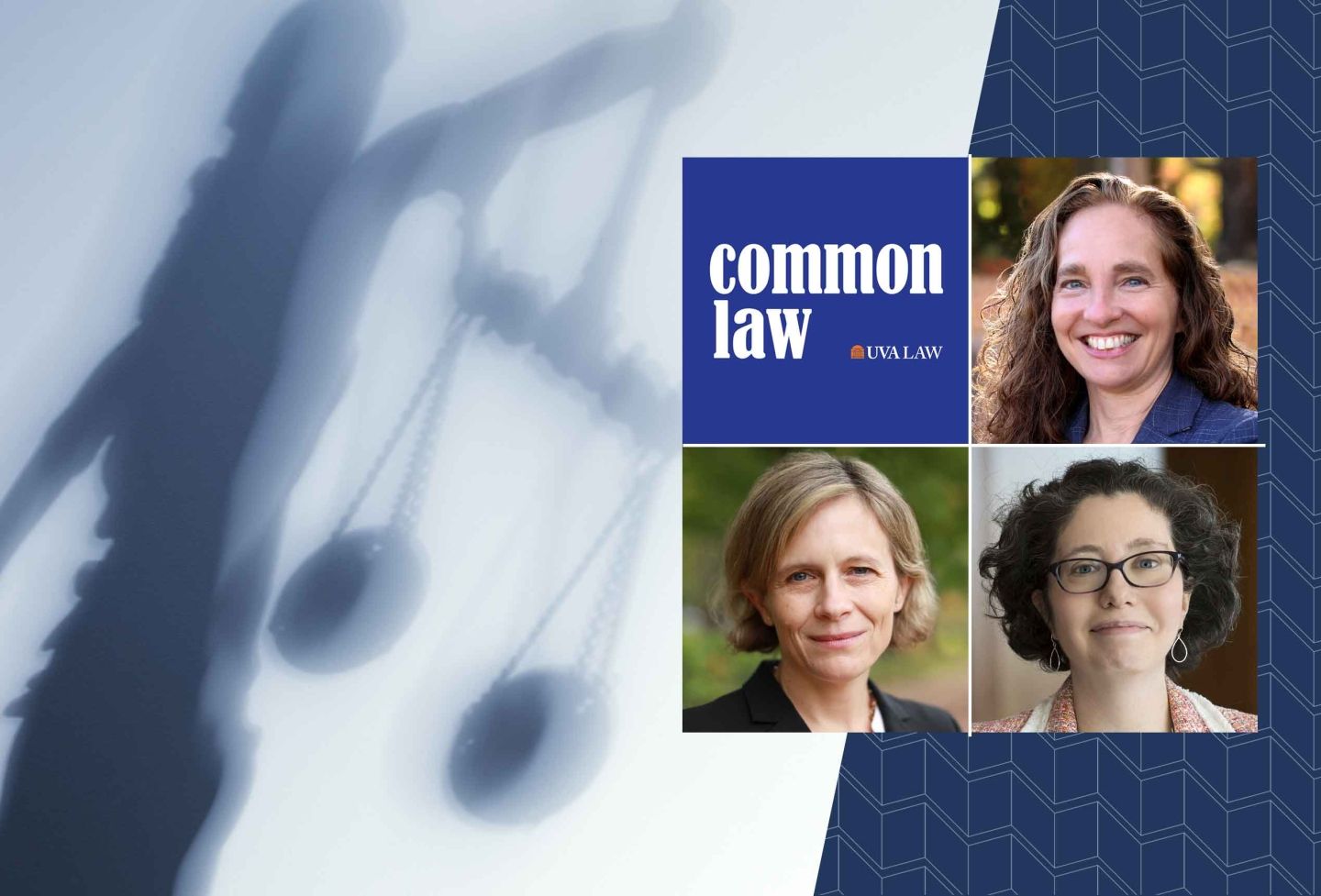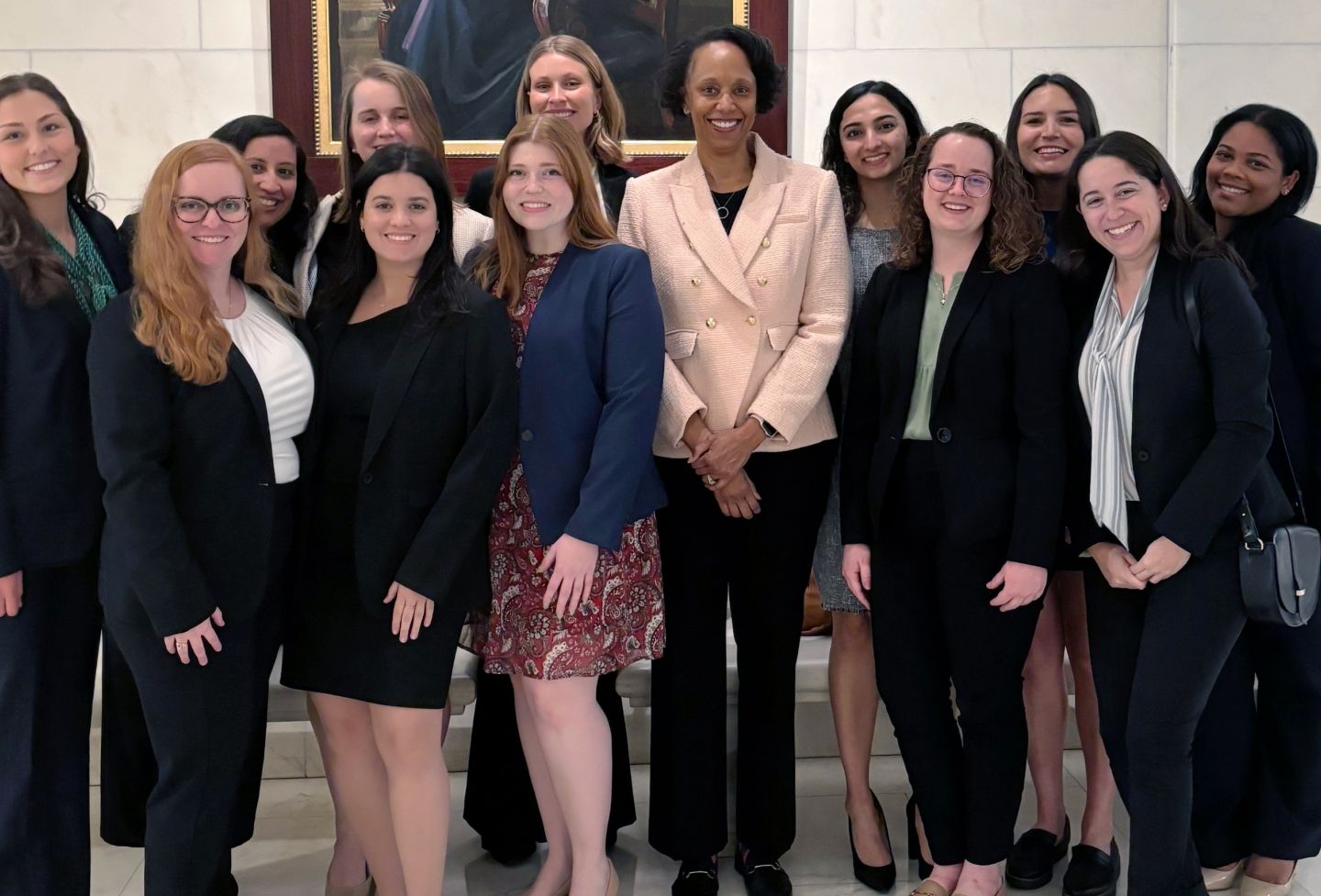Matt West ’21, a University of Virginia School of Law student, has written a book that explores how a young politician reshaped both the Democratic Party and state politics during a transformative time for the Old Dominion.
The Virginia Historical Society published “A Time for Moderation: J. Sargeant Reynolds and Virginia’s New Democrats, 1960-1971” in July.
Reynolds served in the House of Delegates and state Senate before being elected lieutenant governor in 1969 at age 33, making him the youngest person to ever hold the office. He died of an inoperable brain tumor in June 1971, less than two years into his term.
“Reynolds’ greatest strength — and a major reason for his rapid rise in state politics — was his ability to win support from a broad coalition of voters at a time when Virginia’s Democratic Party was splintering into different ideological factions,” West said. “Though it ended too soon, his career showed that a centrist platform, promoted by the right candidate, could be a model for success at a time when Democrats in Virginia were finding it more challenging to win majorities.”
West, who is from Salem, Virginia, chatted with UVA Law about his book, his interest in the law and his career prospects.
Why did you decide to write a book on this topic?
I first became interested in the topic while taking undergraduate courses on Virginia history and politics. The 1960s were a particularly transformative time for Virginia’s Democratic Party, and I wanted to find a way to study the period from a new perspective. Few Democratic politicians in Virginia achieved more success during the late 1960s than Sarge Reynolds, and I thought that a closer study of Reynolds’ political career would shed new light on the changes his party was experiencing at the time. After writing an undergraduate history thesis on this topic, I was very fortunate to have the opportunity to expand the thesis into the book that was just published by the Virginia Historical Society.
How did you juggle working on a book while in law school?
Thankfully, I was able complete nearly all of the research and write most of the book’s chapters before beginning my 1L year, which made it easier to balance the remaining work with first-year classes. During the school year, while I was still working on the manuscript, I would try to set aside the better part of a day each weekend to focus on writing and editing. Given how much I enjoyed the topic, it could often be a nice break from class assignments.
Before beginning law school, I worked for a year in Virginia politics, first as a policy assistant to Gov. Terry McAuliffe, and then as an aide to a member of the House of Delegates.
Why did you want to go to law school?
I also attended UVA as an undergraduate, and my main involvement in college was with the University’s Honor Committee. My first role as an honor counsel involved representing parties in Honor Committee trials, including many students who were accused of honor offenses. This experience helped me discover a passion for advocacy and litigation, and quickly convinced me that law school would be a perfect fit.
What’s been a favorite experience in law school so far?
Of the many great experiences I have had in law school so far, the friendships I have made within my 1L section really stand out as special.
What’s next for you?
Next summer, I will be working for a law firm in Washington, D.C. After graduating, I hope to clerk for a federal judge before returning to a firm.
"Star Witness" is an occasional Q&A series featuring students at UVA Law.
Founded in 1819, the University of Virginia School of Law is the second-oldest continuously operating law school in the nation. Consistently ranked among the top law schools, Virginia is a world-renowned training ground for distinguished lawyers and public servants, instilling in them a commitment to leadership, integrity and community service.


